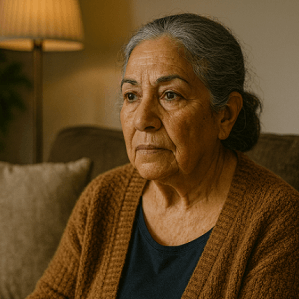A new study has revealed stark racial and ethnic disparities in treatment for older Americans with metastatic cancers, highlighting persistent inequities in care. Researchers examined more than 22,000 Medicare fee-for-service beneficiaries diagnosed between 2016 and 2020 with advanced breast, colorectal, lung, and prostate cancers.
The analysis found that although most patients saw an oncologist within two months of diagnosis, fewer Black and Hispanic patients received systemic therapies compared with white patients. For breast cancer, 59 percent of Black patients and 60 percent of Hispanic patients began treatment, compared with 68 percent of white patients. Similar gaps appeared across other cancers: only 23 percent of Black patients with colorectal cancer received systemic therapy, versus 34 percent of white patients. In prostate cancer, the disparity was especially wide—just 56 percent of Black patients received therapy, compared with 77 percent of white patients.
Overall, fewer than one-third of all patients received guideline-directed therapy, underscoring a broader issue in cancer care delivery. When treatment was started promptly, survival outcomes between groups were similar, suggesting the disparities stem largely from barriers to receiving therapy in the first place.
The study also found that income and insurance factors played a central role. Patients with low-income subsidies or dual eligibility for Medicare and Medicaid accounted for most of the differences in access. Researchers concluded that policy solutions must focus on ensuring minority and low-income patients not only reach oncologists but also receive timely, recommended treatment.
See: “Racial and Ethnic Disparities Along the Treatment Cascade Among Medicare Fee-for-Service Beneficiaries With Metastatic Breast, Colorectal, Lung, and Prostate Cancers” (August 27, 2025)



